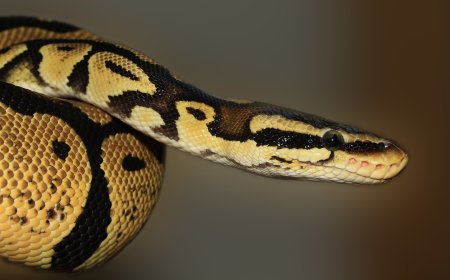What Are Lysosomes? The Clean-Up Crew of the Cell for Kids
Learn what lysosomes are and how they help clean up waste in cells. A fun, kid-friendly guide to these tiny but powerful organelles!
🧽 What Are Lysosomes?
🧪 Introduction: The Cell's Cleaning Crew
Every busy place needs someone to take out the trash—and in a cell, that job belongs to the lysosomes. These small organelles are like tiny clean-up crews that keep the cell clean, safe, and healthy.
Lysosomes break down waste, old cell parts, and germs that sneak in. Without them, a cell could get overloaded with junk!
🗑️ What Do Lysosomes Do?
Lysosomes are filled with enzymes, which are special chemicals that can break down materials into smaller pieces. They help the cell by:
- Breaking down old or damaged organelles
- Digesting harmful bacteria and viruses
- Recycling parts of the cell to be reused
- Removing waste so the cell stays clean
You can think of lysosomes as tiny garbage trucks or recycling centers inside the cell.
🔬 Where Are Lysosomes Found?
Lysosomes are mostly found in animal cells, although some plant cells have similar structures.
Cells that fight infection, like white blood cells, have lots of lysosomes because they’re always breaking down germs!
🧽 What Do Lysosomes Look Like?
Lysosomes are small, round sacs that float in the cytoplasm. They are surrounded by a membrane that keeps their enzymes inside, so they only break down the things they’re supposed to.
Their enzymes are powerful, so it’s important they stay sealed until it’s time to get to work!
🧒 Kid-Friendly Summary
Lysosomes are the clean-up crew of the cell. They break down waste, old parts, and germs to keep the cell clean and working properly. They’re like tiny garbage trucks inside your body!
🌟 Interesting Facts About Lysosomes
- The word “lysosome” comes from Greek and means “digesting body.”
- Lysosomes were discovered in 1955 by scientist Christian de Duve.
- They have over 50 types of enzymes to break down different materials.
- Without lysosomes, cells would fill up with junk and stop working.
💭 Think About It
If lysosomes stopped working, how do you think that would affect the rest of the cell?























































